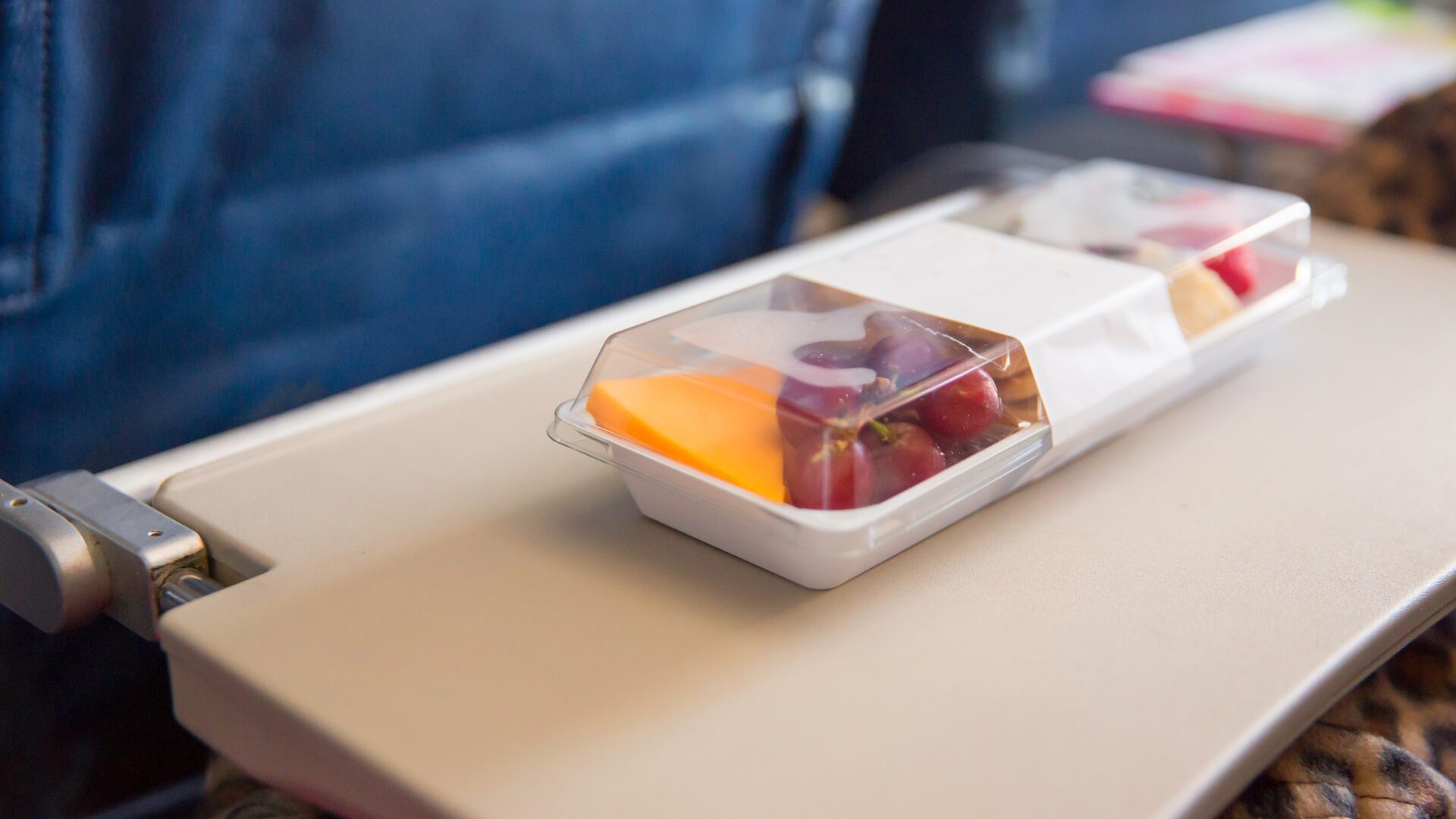Restaurant owners are following the corporate world’s lead in having employees test the four-day workweek – but a south Florida Chick-fil-A owner has gone further by having employees in his fast-food establishment work 13 to 14-hour days, amounting to a three-day workweek.
The employees of Justin Lindsey’s Chick-fil-A in Kendall work 40 hours in three days, cbsnews.com reported.
“They can plan their life around it – vacation, childcare, school. I wanted them to be able to look out six months from now and know what days they were going to work,” said Lindsey, 42.
Lindsey said his workers were surprised they wouldn’t be “on call” during their days off to come in at short notice if the restaurant is understaffed, a practice that’s common at QSRs and among large retailers. He acknowledged that the longer shifts required some adjustment, but since most of his employees who worked three days per week already were accustomed to long days, the additional time was manageable.
The website reported Lindsey is months into the experiment, which he conceptualized last winter, and he reports the plan is going better than expected.
“For [workers] it’s great because they know what the schedule is, and for us it’s great because we can stretch the shift to cover all our peaks during the day” Lindsey said.
A MarketWatch article from earlier this week noted that one study shows abbreviated workweeks can reduce worker stress. Meanwhile, Chick-fil-A now has multiple franchisees who are intrigued by Lindsey’s condensed workweek schedule, cbsnews.com reported.
Lindsey has reportedly been deluged with applications since he posted open jobs. The restaurant received almost 430 applications in one week. Lindsey pays $15 to $17 per hour and provides health benefits.
Lindsey’s restaurant was predicted to earn $17 million in sales this year, which is more than double the $8 million per year average for a single location, restaurant trade publication QSR reported.
THANKS ‘FOUR’ YOUR WORK
Fast-casual chain Dig, with locations in New York and Philadelphia, has recently utilized a four-day workweek, reported Fast Company.
Dig’s four-day work week experiment involves giving hourly kitchen staff the option to work full-time hours in four days per week. The chain started exploring the idea of the abbreviated week as the concept started to trend prior to the pandemic. When COVID-19 temporarily closed some of Dig’s restaurants while putting its workers at risk, Dig experimented with the schedule change.
Dig cofounder Andrew Jacobson told Fast Company, “The disparity between people who still had employment and were working from home versus our employees, who were still going into the restaurant, just became more and more evident. And though we couldn’t necessarily change that, we had an opportunity in Boston.”
The Boston team had five restaurants before the pandemic, but only one was still open, so it was an opportune moment to experiment with a new schedule. Workers were given the chance to work one fewer day per week, if they chose, but continue to work the same number of hours, the website reported.
To keep the same number of hours, Dig’s workers who opted to change to the four-day week had to work 10-hour days, which worked out well because the chain’s food needs a lot of preparation. Dig’s survey of 45 participants showed 87% of employees recommend the schedule changes, citing greater work-life balance.
“Childcare is a major challenge for workers in the restaurant industry,” Melinda Sharretts, vice president of people and culture at Dig told Fast Company. “And if the new schedule can help alleviate that, it may convince other restaurants to start offering the same benefit.”
“We want not only to put pressure on ourselves to get this done, but also to pressure the rest of the industry,” Jacobson said.
UNILEVER’S UNIQUE SCHEDULING
Another experiment involving a four-day-per-week work schedule was a pilot conducted from December 2020 to June 2022 by global corporation Unilever in New Zealand, the Guardian reported.
Unilever, which makes products such as Magnum ice cream, said in early November it would continue the New Zealand trial and implement it in Australia for an initial 12 months.
According to The Guardian, Unilever said that employee absenteeism dropped 34%, and the staff in the trial reported a 33% drop in stress. Meanwhile, there was a reported decrease in work-life conflict of 67%, employees received 100% of their wages, and there were strong results in meeting business goals.
The Food Institute Podcast
Click the play button above to listen to the episode.
Recent cyberattacks have shown the business and reputational impacts of a breach, but what technologies can be used to protect your organization? SmartLedger’s Bryan Daugherty and Gregory Ward explain how CERTIHASH Sentinel Node can help a company detect a cyber intrusion more quickly, while IBM’s Patryk Walaszczyk shares how the technology could redefine cybersecurity.












